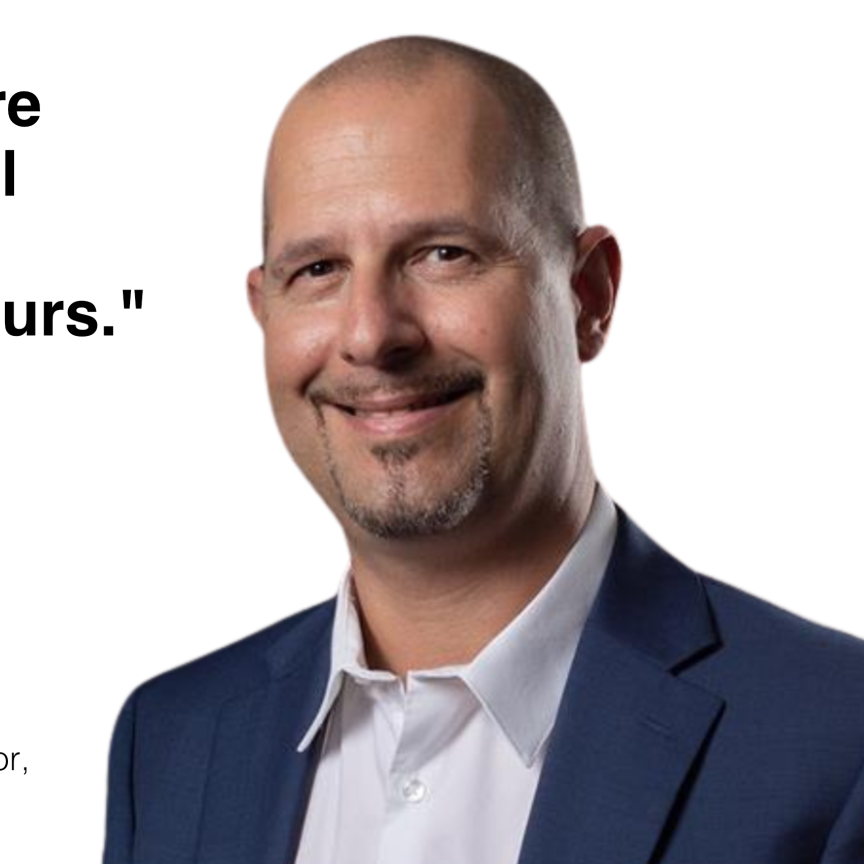Semiconductor solutions company, Presto Engineering, has developed a commercial service for testing image sensor wafers.
The company can provide small to medium sized test runs in its class 10k cleanroom facility in Meyreuil, France, near Aix-en-Provence.
Presto Engineering’s computer-controlled solution illuminates sections of the wafer in turn and then brings the results together in the program. In this way, the whole wafer can be tested automatically for an array of large sensors, even those filling a 12-inch wafer.
‘An entire wafer can be tested in a laboratory using a similar method,’ explained Martin Kingdon, Presto Engineering's VP of sales. ‘However laboratories are not geared up for fast commercial testing so we designed our own solution to test any size wafer.
‘We believe that we are probably the only such commercial test service to be available in Europe,’ he added.
Commercial testing of small image sensors is easy as the small areas involved are easy to illuminate with a controlled, uniform test pattern of light. But, as the area increases, it becomes harder to maintain the uniformity across the test area of an individual sensor because of the limitation of the optics.
By illuminating sections of the wafer in turn, Presto is able to merge the results together to test the functionality of the image sensors on the wafer.
The need for larger image sensors is being driven, in particular, by medical imaging and aerospace that can require whole wafer-sized, image sensors and are transitioning from CCD to CMOS solutions. Similarly, security and military applications are wanting larger, better sensors to provide the resolution required to provide sharp images, as well as other 4K resolution cameras.
The tester is located in Presto's EAL 5/6+ facilities so that it meets the security needs of sensitive applications.
Presto's Teradyne IP750Ex-based test solution provides a large (80 x 100mm), uniform (+/-2 per cent), high-intensity illumination field up to 10k lux, at a range of colour temperatures. Built-in infrared filtering prevents sensor damage.
Its ability create a customised test solution for complex devices - as large as 32 megapixels at speeds up to 200MHz - on up to 12-inch wafers enables fast ramps without compromising the cost of the test.

